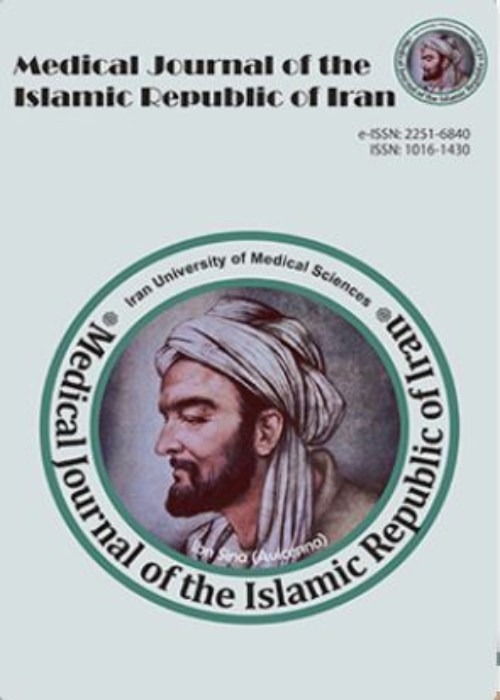The effect of ketamine versus thiopental sodium on hemodynamic profile and seizure duration during electroconvulsive therapy in patients with major depressive disorder: A randomized cross-over clinical trial
Electroconvulsive therapy (ECT) is an effective treatment in major depressive disorder (MDD). Earlier studies suggest that ketamine has antidepressive effects and prolongs seizure duration in favor of therapeutic efficacy of ECT. A great concern with the use of ketamine is its possible adverse hemodynamic effects during ECT. This study was conducted to compare the hemodynamic effect and seizure duration between ketamine and sodium thiopental, a common anesthetic in ECT.
In a cross-over clinical trial, 26 patients of either sex with MDD who were candidates for ECT therapy in a university hospital were enrolled. A total of 13 patients received induction with ketamine in the first session and thiopental for the second. The sequence of treatments was vice versa in the other group. The followings were measured in all patients: blood pressure, heart rate, and oxygen saturation before induction, immediately after induction, at 1, 2, 4, and 10 minutes postinduction, and after recovery from anesthesia. Also, seizure duration, recovery time, and complications of treatments were measured. Chi square test and student t test were used for categorical data and numerical data, respectively. P values < 0.05 were considered statistically significant. Analyses were performed with SPSS software version 21.0.
Heart rate, systolic and diastolic blood pressure, oxygen saturation, and recovery time were comparable between groups. Mean duration of convulsion in patients who received ketamine was significantly more than those who received STP (36±11 vs 28±9 s, p=0.001). Myalgia was less common in patients who received ketamine rather than sodium thiopental (11.5 vs 46.2%, p=0.014).
Ketamine prolongs seizure duration with no deleterious effects on hemodynamic parameters. Considering the antidepressant effects of ketamine, it may be a better choice, compared to thiopental sodium, for MDD patients.
- حق عضویت دریافتی صرف حمایت از نشریات عضو و نگهداری، تکمیل و توسعه مگیران میشود.
- پرداخت حق اشتراک و دانلود مقالات اجازه بازنشر آن در سایر رسانههای چاپی و دیجیتال را به کاربر نمیدهد.


